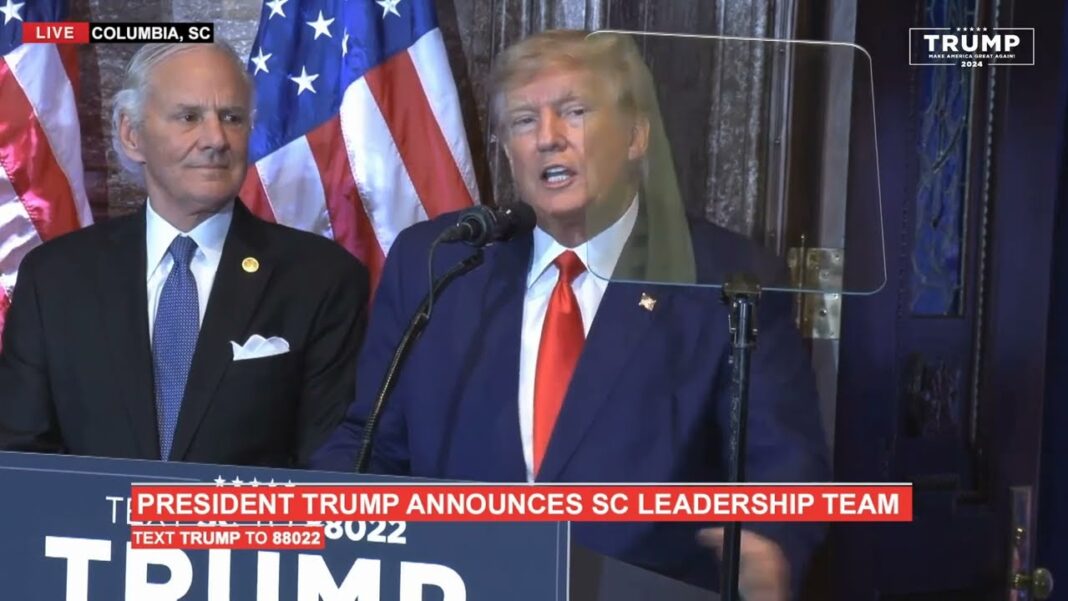Now back in the majority, House Republicans on Jan. 31 passed a series of bills related to the COVID-19 pandemic and vaccines.
The GOP majority in the lower chamber took up two COVID-19 bills on Tuesday, with many others still on the docket for possible consideration later this year.
The first bill would officially declare an end to the public health emergency of the COVID-19 pandemic. The second bill would end the vaccine mandate for health care workers at institutions that receive federal funding.
During the 117th Congress, the Democrat majority in both chambers largely marched in lockstep with President Joe Biden’s COVID-19 policies, including vaccine mandates.
Republicans, on the other hand, have pointed to the low risk the virus poses to younger people and those without pre-existing health conditions. Many Republicans opposed vaccine mandates as a violation of Americans’ rights to choose which drugs they put into their bodies.
Republican Conference Chair Elise Stefanik (R-N.Y.) said the two bills being considered will “restore our constitutional rights and freedoms after two long years of Democrats COVID-19 power grab policies.”
In many places, Americans found themselves effectively barred from leaving their homes amid mandatory lockdowns, which in turn caused substantial mental health and socialization issues among young adults and children.
“The extended COVID lockdowns like the ones we saw in my home state of New York caused irreparable damage to our children’s development, financial strain on our small businesses and unnecessary deaths among our most vulnerable seniors,” Stefanik said.
Freedom for Health Care Workers Act
The bill passed by Republicans, the first in a round of two expected votes, would end a federal vaccine mandate for health care workers at facilities that receive federal funding.
The bill passed in a 227–203 vote, including 7 Democrats supporting the measure.
Biden announced the health care mandate as part of a larger declaration announcing vaccine mandates for all federal civilian and military personnel. Many Americans, including those with significant reservations about the novel vaccine, which has not undergone long-term testing, were faced with the choice to take the jab or lose their jobs.
By Joseph Lord






